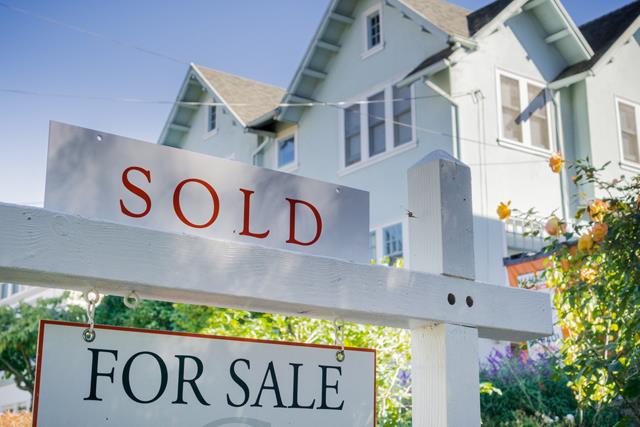The South African economy has experienced “promising, positive movement” in the second half of 2019 following a slowdown in markets over the past year. The encouraging market sentiment also bodes well for the country to avoid a possible debt rating downgrade when Moody’s reviews the economy in November.

So says Mike Greeff, CEO of Greeff Christie’s International Real Estate, who shares his views on South Africa’s economic outlook: “I am very encouraged by the tenacity of the South African economy, the Cape property market and the citizens of our country. We have all felt the significant pressures of the past year and I feel that we have weathered the worst of the storm. Markets have slowed their decline and for the moment are relatively stable, the country has safely come through a technical recession, the political landscape is stable, and economists are feeling cautiously optimistic about the year ahead.”
The property market is one of the mainstays of the economy and is an effective indicator of market sentiments, says Greeff. “I would encourage potential buyers and investors to act now as we are in a buyer’s market.”
The Cape property market has historically been characterised by double-digit growth potential, high demand and outstanding return on investment. While recent years have seen a slowing of the trend, it is certainly not an indicator of doom and gloom, he says. "Investors can still look forward to returns that are above the national averages and comparable to other major cities across the world."
A significant milestone for the nation was the successful completion of the general elections in May, which gave reassurance to local and international observers that the country has a functional democracy. The implementation of legislation to combat corruption as well as decisive investigations into state capture are further indicators that South Africa is a viable trade and development partner, says Greeff.
South Africa’s Monetary Policy Committee (MPC) has also been under scrutiny over the course of the year.
“The MPC’s decision to first cut repo rates and then keep them stable demonstrates a comforting level of confidence in the economy as well as a healthy dose of level-headed realism,” he notes. “The committee’s decisions have taken the country’s inflation targeting into account and are cognisant of external factors like the oil price as well as cyclical spending trends over the holiday periods.”
Greeff believes the real estate sector can expect to reap the rewards of the upturn as more first-time buyers enter the market and take advantage of favourable lending rates.
This is also true of foreign investors that have the benefit of relatively stable interest rates as well as a good supply of available stock to choose from, he adds.
“This unique combination of internal and external factors has placed South Africa in an excellent position to enter 2020 with an optimistic stride.”








